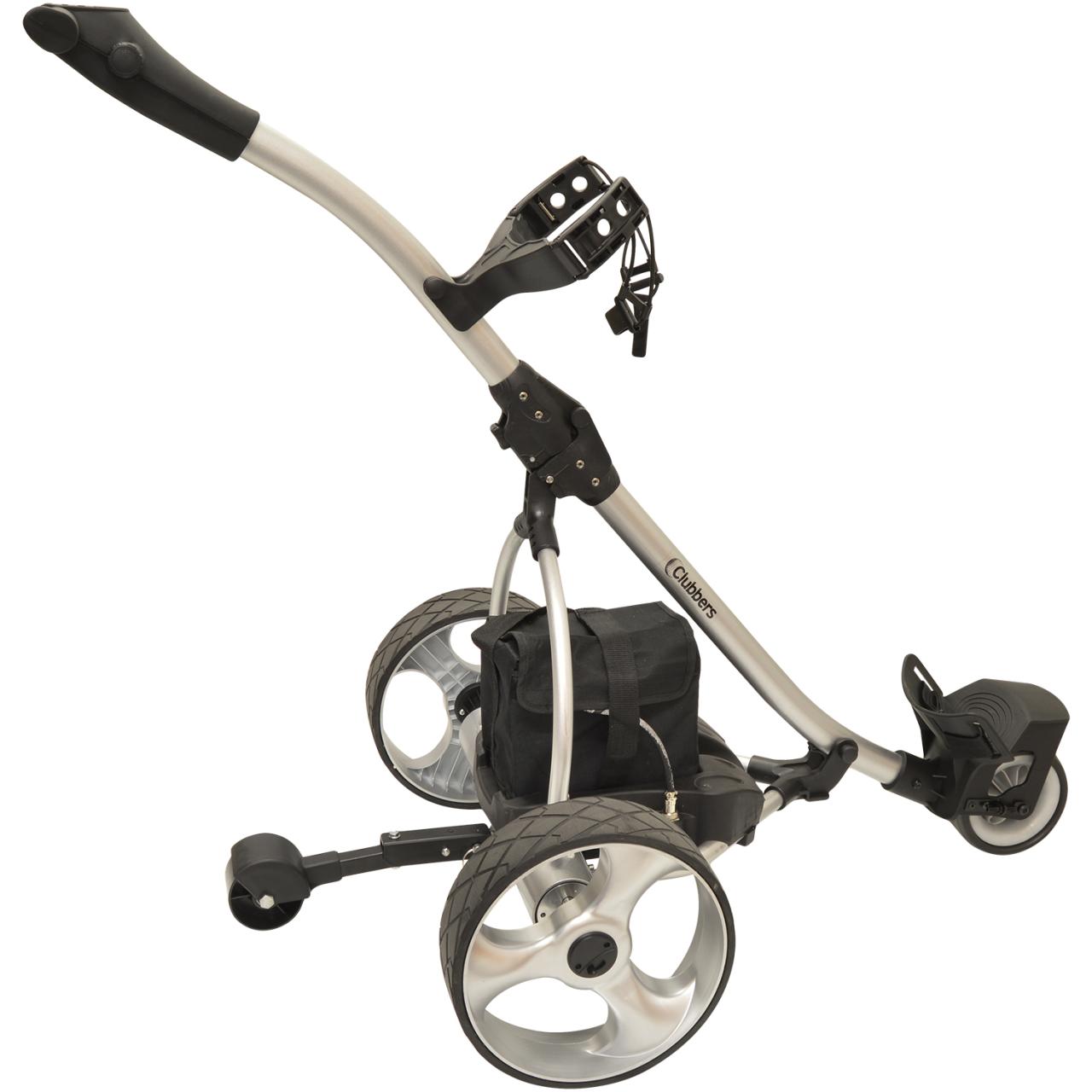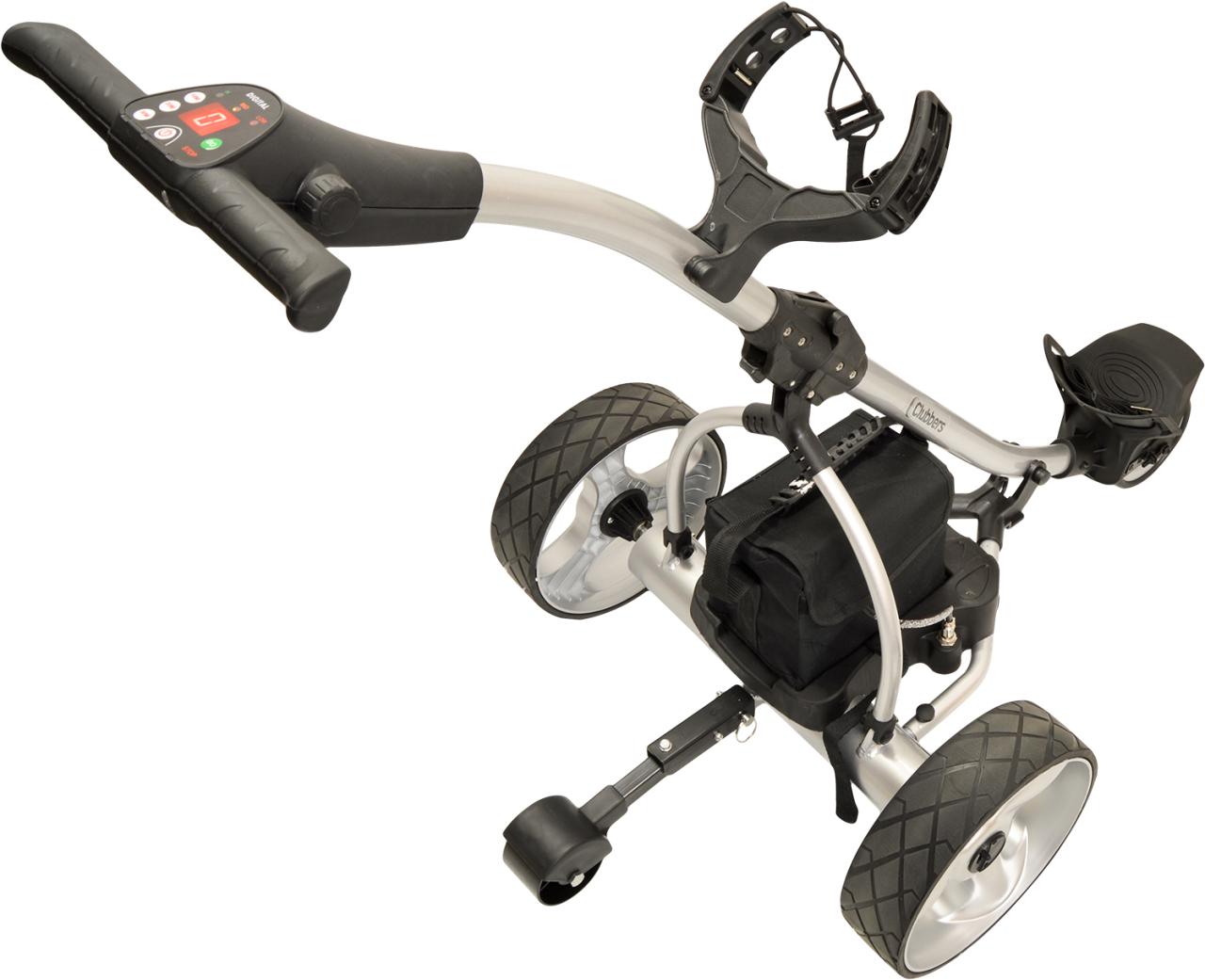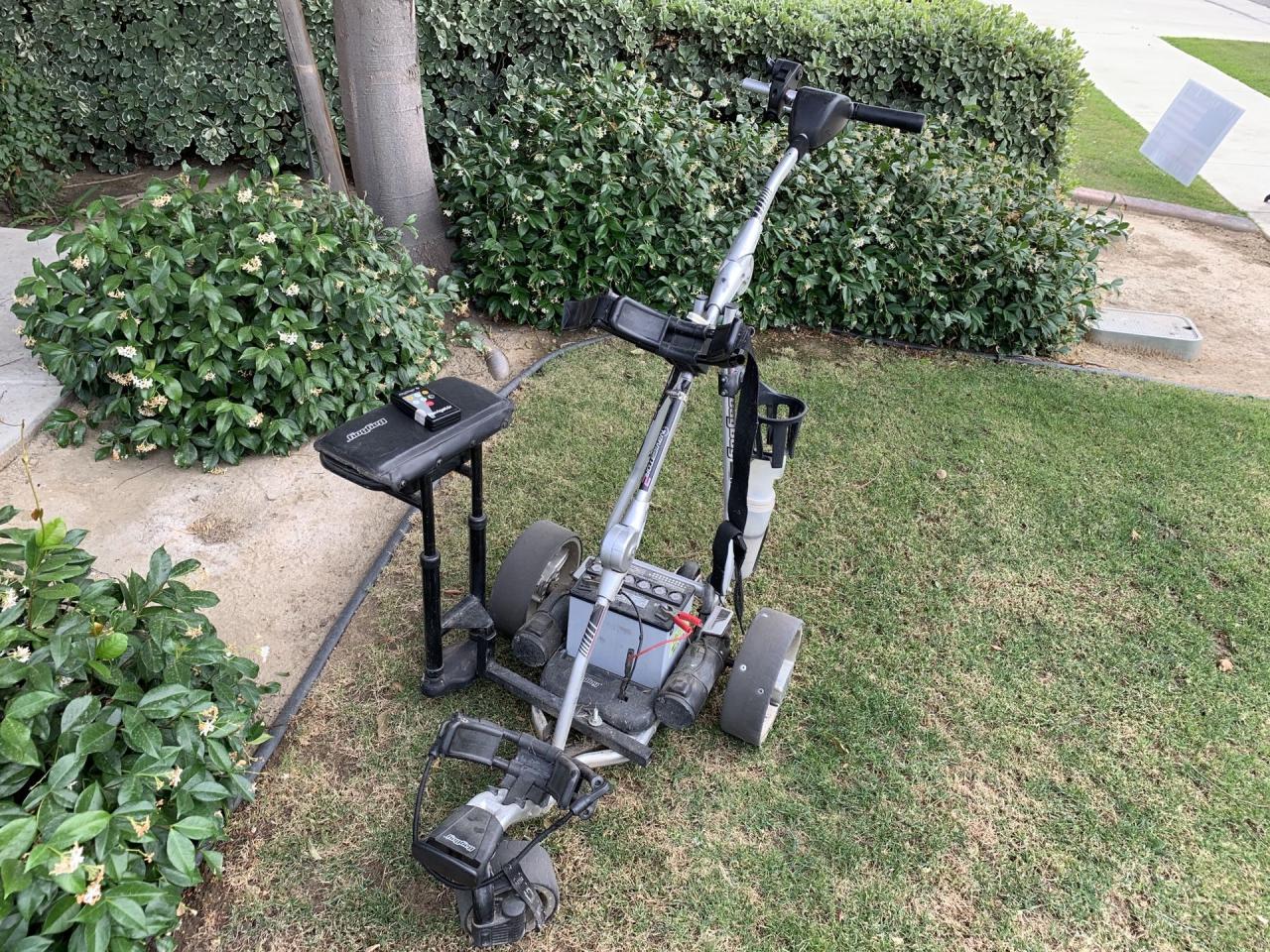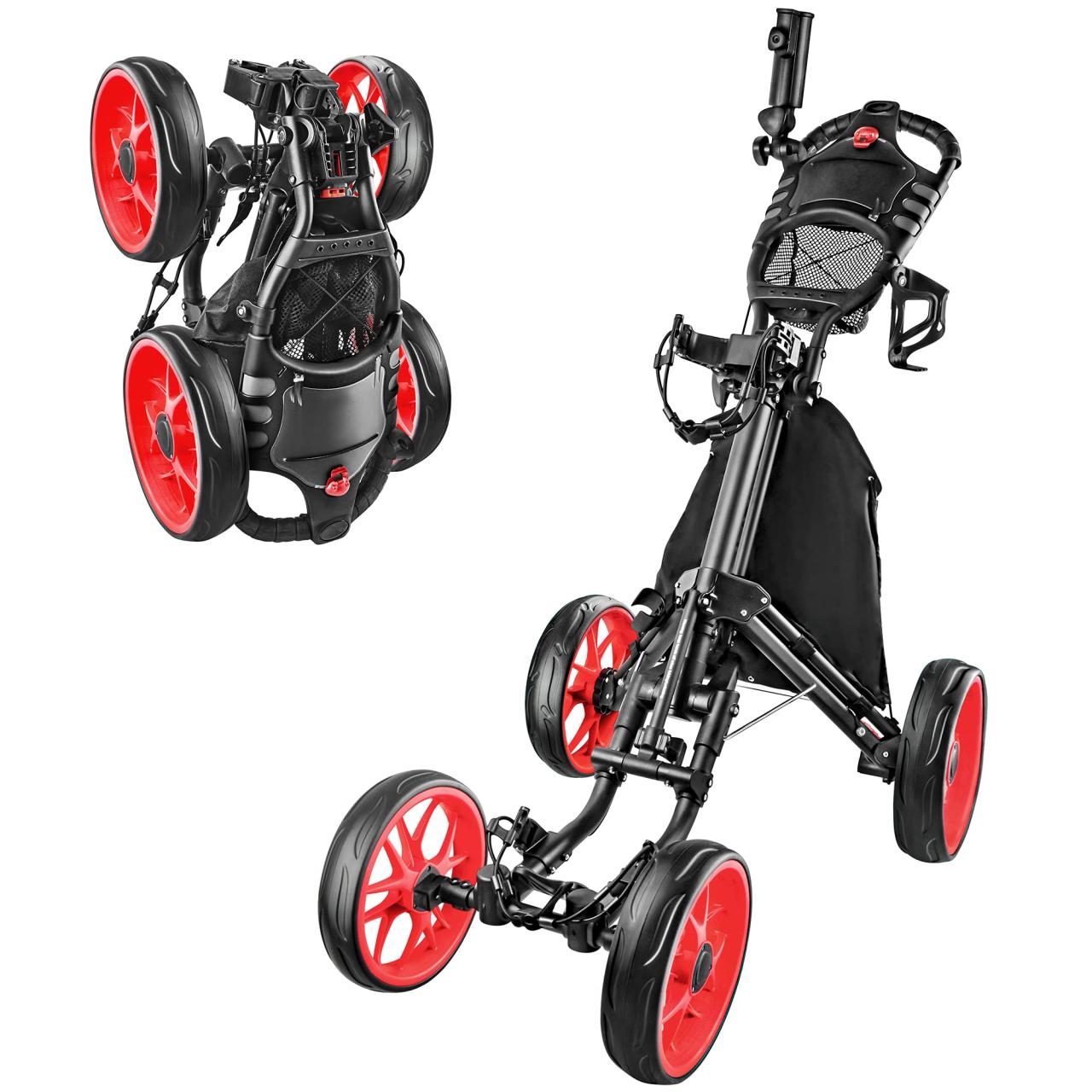Golf bag remote control, a concept that sounds straight out of a futuristic golf course, has the potential to revolutionize the sport and even spill over into other areas of our lives. Imagine a world where your golf bag opens and closes at the touch of a button, where your clubs are organized with precision, and where your golf cart follows you around the course effortlessly.
This is the future that a golf bag remote control promises.
While the idea might seem far-fetched, the technology behind it is steadily evolving. The key is to harness the power of wireless communication, sensor technology, and smart design to create a system that seamlessly integrates with the golf bag.
The benefits are manifold, from enhancing the golfer’s experience to potentially making the game more accessible to a wider audience.
The Concept of a Golf Bag Remote Control

Imagine a golf bag that can be controlled remotely, making it easier to access your clubs and equipment on the course. A golf bag remote control could revolutionize the way golfers interact with their bags, offering a host of potential benefits and features.
Benefits of a Golf Bag Remote Control
The use of a remote control for a golf bag could bring several advantages to golfers. The most obvious benefit is convenience. A remote control allows golfers to access their clubs and equipment without having to physically reach into the bag.
This can be particularly helpful for golfers with limited mobility or those who prefer to keep their hands free.
Features of a Golf Bag Remote Control
A golf bag remote control could offer a variety of features, depending on its design and functionality. Some potential features include:
- Club Selection:The remote control could allow golfers to select specific clubs from the bag, eliminating the need to search through the bag manually.
- Bag Opening and Closing:The remote control could open and close the bag, making it easier to access the contents without having to manually unzip or unbuckle it.
- Club Retrieval:The remote control could be used to retrieve specific clubs from the bag, similar to a robotic arm, bringing the club to the golfer’s hand.
- GPS Navigation:The remote control could be integrated with GPS technology, providing golfers with real-time course information and guidance.
- Bag Tracking:The remote control could allow golfers to track the location of their bag, reducing the risk of losing it on the course.
Design Considerations

Designing a functional and user-friendly golf bag remote control requires careful consideration of the user experience, ergonomics, and integration into the golf bag. This section explores the key design considerations, outlining the essential components and addressing the challenges of incorporating a remote control into a golf bag.
Prototype Design
A prototype for a golf bag remote control should prioritize ease of use and accessibility. The remote control should be compact and lightweight, with a user-friendly interface that allows golfers to control their golf cart with minimal effort. A possible design approach is a small, handheld device with a few large buttons for essential functions such as forward, backward, left, right, and stop.
The remote control could also include a display to show the current speed and direction of the golf cart. The prototype should be designed to be durable and weather-resistant, as it will be exposed to the elements on the golf course.
Essential Components
A functional golf bag remote control requires several essential components:
- Transmitter:The transmitter is the handheld device that the golfer uses to send signals to the receiver.
- Receiver:The receiver is mounted on the golf cart and receives the signals from the transmitter.
- Control Module:The control module is the brain of the system, responsible for processing the signals from the transmitter and controlling the golf cart’s movement.
- Power Source:The remote control and receiver will require a power source, such as batteries or a rechargeable battery pack.
- Antenna:The antenna ensures reliable communication between the transmitter and receiver.
Challenges of Integration
Integrating a remote control into a golf bag presents several challenges:
- Space Constraints:Golf bags are typically designed with limited space, so finding a suitable location for the remote control can be challenging. The remote control needs to be easily accessible and secure, without interfering with the other contents of the bag.
- Durability:The remote control will be exposed to the elements and may be subjected to rough handling. It needs to be durable enough to withstand the rigors of the golf course.
- Signal Interference:Golf courses can be crowded with other electronic devices, which can interfere with the signal between the remote control and the receiver. This requires careful selection of operating frequencies and robust signal processing techniques.
- Battery Life:The remote control and receiver will require a power source, and the battery life needs to be sufficient for a full round of golf. This can be a challenge, especially if the remote control is used frequently.
Functionality and Applications
A golf bag remote control could revolutionize the way golfers approach the game, offering convenience and potentially improving performance. By integrating a remote control into a golf bag, golfers could seamlessly control various aspects of their equipment and experience, enhancing their enjoyment and efficiency on the course.
Applications in Golf
The integration of a remote control into a golf bag could unlock a wide range of applications specifically tailored to the needs of golfers.
- Automated Club Selection: The remote control could be used to select the desired club from the bag, eliminating the need for manual retrieval. This would save time and effort, especially during fast-paced rounds. Imagine a golfer simply pressing a button on the remote to select a specific club, which would then be automatically presented for use.
This would not only streamline the club selection process but also reduce the potential for errors or distractions during a round.
- Remote Bag Movement: The remote control could be used to move the golf bag around the course, eliminating the need for manual carrying or pushing. This would be particularly beneficial for golfers with mobility issues or who prefer a hands-free approach. Imagine a golfer using the remote to guide their bag along the fairway or to navigate challenging terrain, freeing up their hands and allowing them to focus on their game.
- GPS Navigation and Yardage Information: The remote control could be integrated with a GPS system, providing golfers with real-time yardage information and course maps. This would enhance their strategic decision-making and help them play smarter. Imagine a golfer using the remote to access detailed information about the upcoming hole, including distances to hazards, green contours, and recommended club selection.
This could significantly improve their accuracy and shot selection.
- Remote Golf Cart Control: The remote control could be used to control a golf cart, allowing golfers to move around the course with ease. This would be particularly beneficial for golfers who prefer to ride or who have a long course to play.
Imagine a golfer using the remote to navigate their cart around the course, stopping at specific points for refreshment or to admire the scenery. This could provide a more comfortable and enjoyable golfing experience.
- Automated Ball Retrieval: In the future, the remote control could potentially be used to retrieve golf balls from the water hazards or rough, minimizing lost balls and improving the overall efficiency of the game. Imagine a golfer using the remote to control a small robotic arm that could reach into a water hazard and retrieve a lost ball.
This could significantly reduce the frustration and time lost due to errant shots.
Technological Aspects
A golf bag remote control relies on a sophisticated interplay of electronics and communication protocols to enable seamless operation. The core technology involves a transmitter, a receiver, and a communication channel that facilitates the transmission of commands from the remote to the bag.
Communication Protocols
The choice of communication protocol is critical for ensuring reliable and efficient operation of the golf bag remote control. Several protocols are available, each with its own advantages and disadvantages.
- Bluetooth: A popular choice for short-range wireless communication, Bluetooth offers a balance of range and power consumption. It’s widely supported by smartphones and other devices, making integration with existing golf equipment relatively straightforward. The low-energy (BLE) variant of Bluetooth is particularly suitable for applications where power consumption is a concern.
- Wi-Fi: While offering longer range and higher bandwidth than Bluetooth, Wi-Fi requires more power and is typically associated with fixed locations, such as a golf course’s clubhouse or driving range. For a golf bag remote control, Wi-Fi might be less practical, unless integrated with a dedicated network infrastructure.
- Radio Frequency (RF): RF communication is often used for remote controls due to its ability to penetrate obstacles and operate in diverse environments. RF protocols, such as 2.4 GHz and 915 MHz, are commonly used for applications where reliability and range are crucial.
However, RF communication may require specific licensing in certain regions.
Smart Features Integration
The potential for integrating smart features into a golf bag remote control is vast. Imagine a golf bag that can automatically adjust its configuration based on the golfer’s preferences, track club usage and performance data, or even provide real-time coaching tips.
- Club Tracking and Performance Analysis: By integrating sensors into the golf clubs, the remote control could track club head speed, swing path, and ball flight data. This information could be used to provide real-time feedback to the golfer, helping them to improve their swing technique.
Such data could also be stored and analyzed over time to identify trends and areas for improvement.
- Automated Configuration: The remote control could be used to adjust the golf bag’s configuration based on the golfer’s preferences, such as the types of clubs to be carried, the arrangement of the clubs, and the location of accessories. This would allow golfers to quickly and easily customize their bag for different types of courses or playing conditions.
- Remote Control of Accessories: The remote control could be used to control other accessories, such as a golf cart, a rangefinder, or even a GPS navigation system. This would provide golfers with greater control over their equipment and enhance their overall golfing experience.
Market Analysis: Golf Bag Remote Control
A golf bag remote control, with its unique blend of convenience and technology, presents a compelling opportunity within the golfing market. To assess its potential, it’s crucial to identify the target audience and analyze the existing demand for such a product.
Moreover, understanding the competitive landscape of golf bag accessories will provide valuable insights into the market dynamics.
Target Audience
The primary target audience for a golf bag remote control comprises avid golfers seeking to enhance their golfing experience through technological advancements. This group encompasses a wide range of players, from seasoned professionals to recreational enthusiasts, who value convenience, efficiency, and a touch of luxury on the course.
- Experienced Golfers:Professionals and experienced amateurs often prioritize efficiency and speed during their rounds. A remote control could streamline their bag management, allowing for quicker access to essential items and minimizing distractions.
- Recreational Golfers:Casual golfers who enjoy the social aspect of the game could benefit from a remote control’s convenience, particularly when carrying heavy bags or navigating challenging terrain.
- Seniors:Golfers with mobility limitations or physical constraints could find a remote control invaluable for accessing items within their bag without bending or straining.
Market Demand Analysis, Golf bag remote control
The golfing industry is experiencing a surge in demand for innovative products that enhance the playing experience. The increasing popularity of technology-driven gadgets and the growing emphasis on convenience and efficiency create a favorable environment for a golf bag remote control.
- Growing Golfing Population:The global golfing population is steadily increasing, driven by rising disposable incomes and a growing interest in outdoor recreational activities. This expanding market presents a significant opportunity for golf-related products, including innovative accessories like remote controls.
- Technological Advancements:The rapid advancements in wireless technology and miniaturization have made it possible to create compact and reliable remote controls for various applications. This technological progress has opened doors for innovative products like golf bag remote controls, catering to the growing demand for smart and convenient solutions.
- Evolving Consumer Preferences:Modern golfers are increasingly tech-savvy and seek products that simplify their game and enhance their overall experience. A golf bag remote control aligns perfectly with this trend, offering a convenient and efficient way to manage essential items during a round.
Competitive Landscape
The golf bag accessory market is relatively saturated, with numerous established brands offering a wide range of products. However, a golf bag remote control represents a niche category with limited competition.
- Existing Golf Bag Accessories:The current market offers a plethora of golf bag accessories, including stand bags, travel covers, and apparel. However, few products focus specifically on enhancing bag accessibility and convenience through remote control technology.
- Emerging Tech-Focused Brands:New entrants in the golf market are increasingly incorporating technology into their products, recognizing the growing demand for smart and connected solutions. This trend could create a favorable environment for a golf bag remote control, attracting tech-savvy golfers seeking innovative solutions.
Safety and Ethical Considerations

The introduction of a remote-controlled golf bag raises several safety and ethical concerns that need to be addressed before widespread adoption. While the technology offers potential benefits, it’s crucial to consider the potential risks and ensure responsible use.
Potential Safety Concerns
The use of a remote-controlled golf bag could pose potential safety risks if not implemented with appropriate safeguards.
- Collision with other golfers or spectators:The movement of a golf bag, especially at speed, could pose a risk of collision with other golfers or spectators on the course. This could lead to injuries or even more serious accidents.
- Distraction and disruption:The presence of a remote-controlled golf bag could distract other golfers and spectators, disrupting the flow of the game and creating a potentially unsafe environment.
- Malfunction or loss of control:A malfunction or loss of control of the remote-controlled golf bag could result in the bag colliding with obstacles or people, leading to injuries or damage.
- Security and theft:The remote control could potentially be used to steal the golf bag or its contents, requiring additional security measures to prevent such incidents.
Ethical Implications
The use of a remote-controlled golf bag raises ethical questions about the nature of the game and the role of technology in sports.
- Fairness and competitive advantage:Some argue that the use of a remote-controlled golf bag could give an unfair advantage to players, particularly those who are less physically able. This could lead to a situation where the game is no longer about skill and physical ability, but rather about technological prowess.
- Respect for the game:Others argue that the use of a remote-controlled golf bag could be seen as disrespectful to the traditional values and spirit of the game of golf. Golf is often seen as a game of skill, strategy, and physical ability, and the use of technology could be seen as undermining these core values.
Responsible Use of Remote-Controlled Golf Bags
To mitigate the potential risks and address the ethical concerns, responsible use of remote-controlled golf bags is crucial.
- Clear safety guidelines:Golf courses and governing bodies should establish clear safety guidelines for the use of remote-controlled golf bags, including speed limits, designated areas, and safety protocols.
- Training and education:Golfers should be required to undergo training and education on the safe and responsible use of remote-controlled golf bags, including awareness of potential hazards and proper operation.
- Technology limitations:The technology should be designed with limitations that prevent excessive speed, sudden movements, and uncontrolled operation. This could include features like speed governors, proximity sensors, and emergency stop mechanisms.
- Transparency and disclosure:Golfers should be transparent about the use of remote-controlled golf bags and disclose their use to other players and spectators.
Quick FAQs
What are the potential safety concerns of a golf bag remote control?
The primary concern would be the potential for interference or malfunction, which could lead to unintended movement of the golf bag or its contents. It’s crucial that any remote control system is designed with robust safety protocols to prevent such issues.
How would a golf bag remote control affect the competitive landscape of golf?
The impact on professional golf is difficult to predict. While it could potentially create new challenges and opportunities, it’s unlikely to fundamentally alter the core aspects of the game. However, it could lead to new innovations in equipment and strategies.

